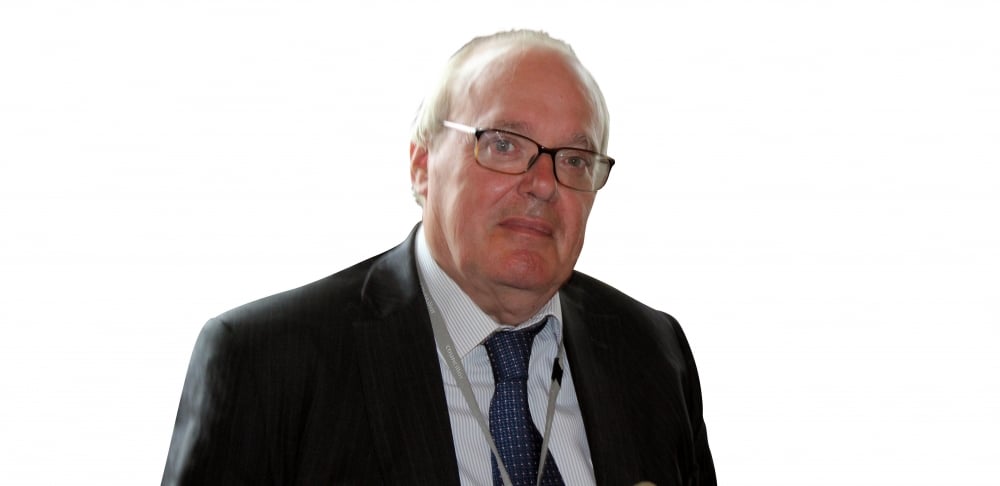THE Council in Tunbridge Wells is to meet tonight for an extraordinary meeting to discuss scrapping the current electoral cycle in favour of single elections every four years.
Currently, Tunbridge Wells Borough Council (TWBC) elects its representatives yearly, three years out of four, with no elections held on the fourth year.
This process has meant the Local Government Boundary Commission (LGBC), which is currently reviewing the electoral and boundary practices of the borough, has proposed changes that will see councillors and wards reduced, with three elected representatives in each ward.
The LGBC says this is due to ‘electoral fairness’ as it means currently that some wards with only one councillor only get to vote once every three years while other voters get to choose a representative every year for three years out of four.
It is also wants to reduce the number of councillors in Tunbridge Wells from 48 to 39 and the wards from 20 to 13.
The changes are due to take effect in 2024.
But the proposals by the LGBC have alarmed a number of councillors, especially in rural parishes, who have found that their wards will now been merged.
A motion has now been proposed to launch a consultation in order to scrap the current electoral cycle for a more common four-yearly cycle to prevent the ward boundaries from being merged.
It has been proposed by Benenden & Cranbrook councillor and former leader of TWBC, Tom Dawlings (Conservative), who told the Times: “The current system is an anachronism. We are one of the only councils in Kent and across the South East that still holds elections this way.”
He said the changes being put forward by the LGBC are only due to the current electoral cycle and will see parishes such as Cranbrook, Sissinghurst & Frittenden merged together, Hawkhurst merged with Benenden & South Goudhurst, while Rusthall & Speldhurst will also be merged.
“Five of the rural wards will become three and there is concern that people elected to represent these wards will be too removed from their patch,” said Cllr Dawlings.
“This is only being done because of the voting system. I want us to move to all-out elections every four years, and that way we can maintain some of the one-member and two-member wards.”
He added that one- and two-member wards meant ‘better representation’ for voters.
“When you have three councillors representing a ward, one of them can get away with leaving all the work to the others, but in a one-person ward there is nowhere to hide,” he explained.
Changing the electoral system to just one ballot every four years will bring other advantages too.
“It will save not an unsubstantial sum of money – around £195,000 every four years,” said Cllr Dawlings.
“And it will mean that unlike the current electoral system, where you are electioneering all the time and pretty much looking towards the next election as soon as the previous one is over, you can come up with a four-year manifesto of what you want to achieve and put it to the people.”
He added that the Conservative party was ‘united’ in attempting to change the voting system, and that there was ‘some’ support from other parties too.
“I think those members that represent single-councillor wards will be in favour and several others. So I will be spending this week lobbying them to see if we can get this change made,” added Cllr Dawlings.
If the motion is approved by the extraordinary Full Council meeting planned for tonight (Wednesday, October 5) at 6.30pm, a consultation would take place with residents.
A vote of two-thirds majority at the Town Hall would then be needed to make any changes to the constitution, which would come into effect in 2024, when the Council is to have an ‘all out’ election due to the proposed boundary and councillor number changes by the LGBC.








